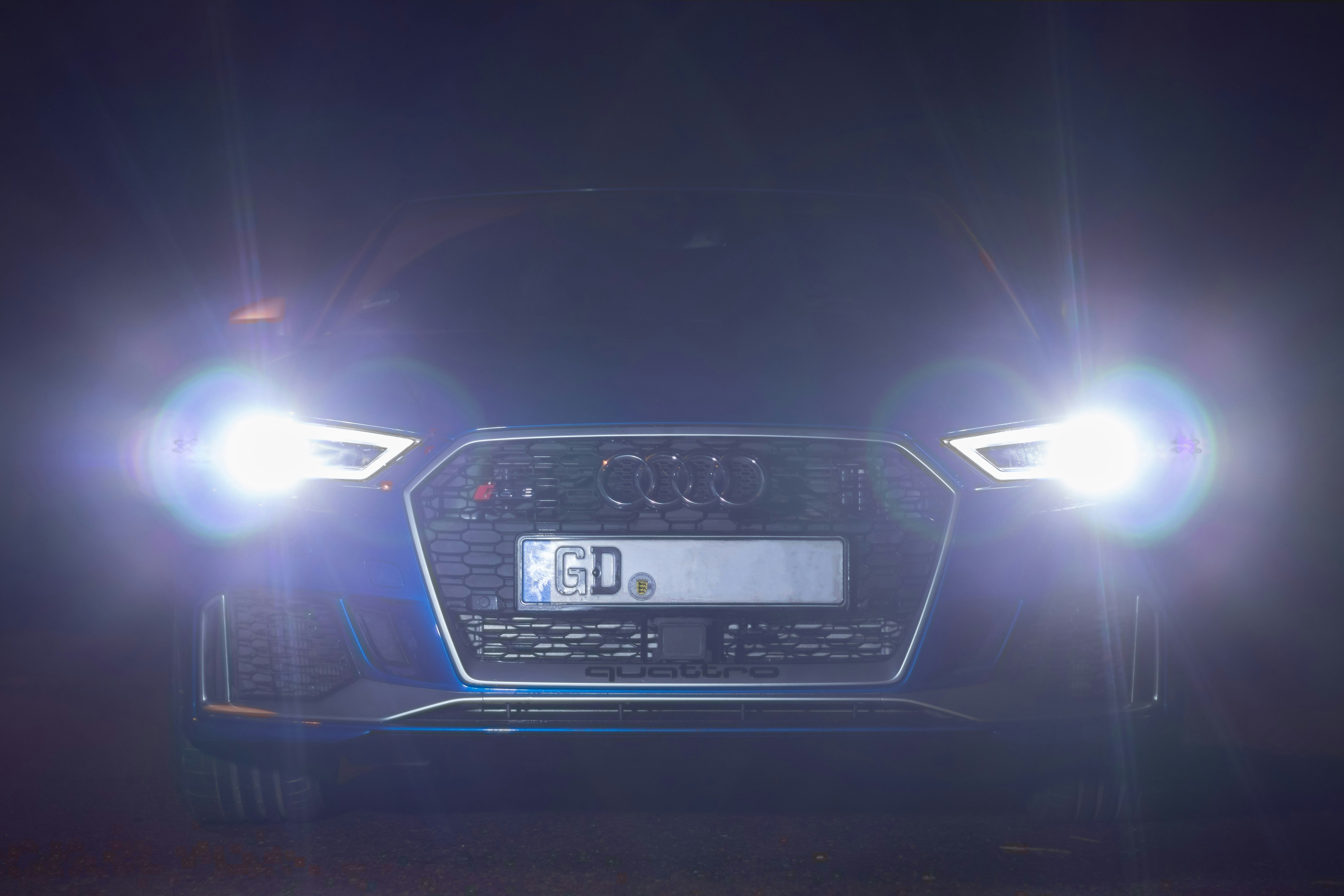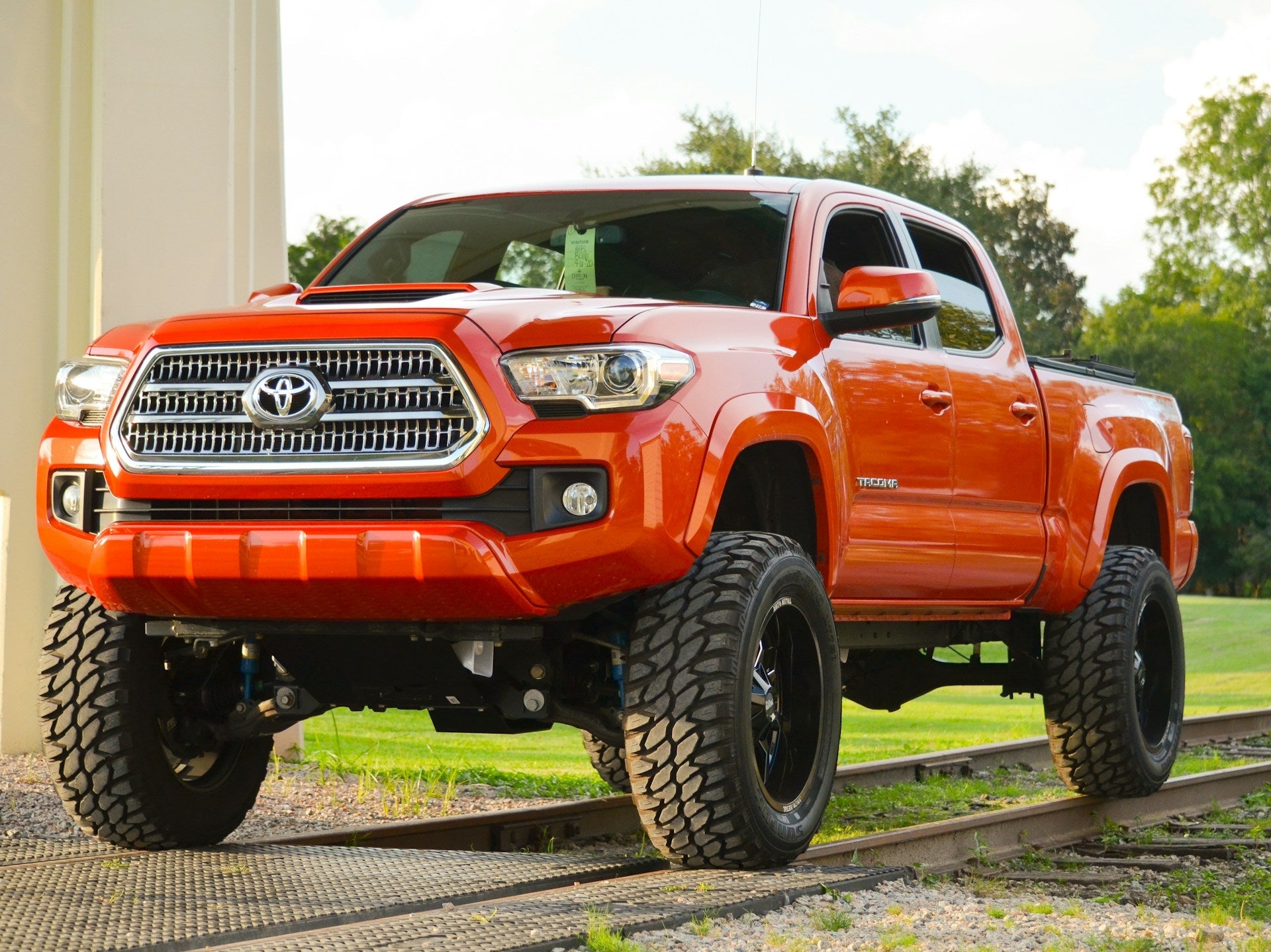Buying a Used Car? Don’t Fall for These Common Scams
Introduction
Scams do not wear signs. They wear smiles, fake documents, and polished fenders. Car buyers walking into their first deal might not see it coming until it is too late. Behind a shiny body could hide a salvaged title, a cloned VIN, or a stolen car.
No matter how good the vehicle looks, trust must begin with facts. The VINinspect.com vin lookup tool pulls a vehicle history report in seconds. It uncovers accident records, odometer rollbacks, title washing, and other patterns that escape the eye. A few clicks may save thousands. For anyone asking how to avoid scam when buying a car, this is where protection begins.
 D
D
Scams in the Car Buying Process
Car buying scams come in many forms. Some quietly adjust the vehicle’s mileage. Others swap out the car’s title or register it across state lines to clean its past. The variety is unsettling, and scammers learn fast.
False seller claims, fake paperwork, and incomplete records are warning signs. Car dealership websites and private listings are both used. Scammers target anyone distracted, unprepared, or in a rush.
Private Seller Red Flags
Private seller deals feel relaxed, but danger often hides there. A used car might come without real maintenance records. Often, people typically meet in an empty parking lot, not a private residence. These are signs to pause.
The seller might not be the legal owner. Previous owners may not be mentioned. Always match vins on all papers, confirm seller’s identification, and ask about the vehicle’s title. If the answers are unclear, walk away.
Car Dealer Scams Still Exist
A car dealership may seem safer, but car dealer scams are still common. Some shady dealer tactics involve hiding frame damage, replacing airbag modules, or advertising a defective car as certified.
Buyers must inspect documents, compare the vehicle’s history, and test the car. Review the car’s title and ask questions about previous sales. A trusted mechanic can also help identify fraud.
VIN Cloning and Identity Tricks
Vin cloning makes a stolen car look legal. A scammer copies the vehicle identification number from a clean vehicle and applies it to another. This leads to legal trouble for the buyer later.
Check that vins match on the driver’s door, windshield, and paperwork. Any mismatch or tampering is a deal breaker. This scam hides well but can be stopped by attention to detail.
Title Washing Explained
Title washing hides a salvaged title. When a car crosses state lines, its title history can change. The same used car may be branded salvage in one state and clean in another.
|
Scam Type |
Result |
Solution |
|
Title washing |
Hides accident history |
Run a trusted vehicle history report |
|
VIN cloning |
Fake legal status |
Inspect vins match physically |
|
Rollbacks |
Inflated value |
Check against service appointments |
False Odometer Readings
Odometer rollbacks are common. A seller lowers the mileage to increase the price. This simple scam tricks even experienced car buyers.
The fix is simple. Compare vehicle’s odometer with mileage from repair receipts and service appointments. A trusted mechanic will also recognize wear that doesn’t match the miles shown.
What Defective Cars Hide
A defective car can drive well for days, then break down. It might have hidden accident damage, bent frames, or broken sensors. A quick visual inspection misses the truth.
Common warning signs include inconsistent paint, dashboard lights that don’t turn on, or strange engine sounds. Bring a trusted mechanic to confirm the car is safe.
Checklist for Every Buyer
Smart car buyers follow a strict process. Skipping steps opens the door to fraud. Protect consumers by confirming every detail before payment.
Safe Buying List
-
Get the original title
-
Ask for full maintenance records
-
Verify vins match on the car and paperwork
-
Confirm seller's identification
-
Book a pre purchase inspection
-
Refuse to meet in a parking lot
Scammers Thrive on Urgency
Scammers pressure buyers. They say “another buyer is waiting” or “this deal ends today.” This urgency is planned.
Take your time. If someone tries to rush you, it’s likely a scam. The best deals survive careful buyers. Speed benefits scammers, not buyers.
Real-World Example
A buyer finds a used SUV online from a private party. The seller claims to be the original owner. No test drive allowed. The buyer sends money and picks up the car from an empty parking lot.
Two weeks later, the engine fails. A history report shows title washing and accident damage. That mistake ends up costing buyers thousands.
Protecting the Deal
Scams collapse when buyers follow facts. Matching vins, checking vehicle’s history, and confirming seller’s identification are more powerful than any sales pitch. A deal should never begin with doubt.
Whether buying a used car from a dealership or a private seller, ask questions. Avoid falling into traps that begin with silence.
Key Differences: Safe Deal vs Scam
|
Feature |
Real Deal |
Scam Setup |
|
Test drive |
Encouraged |
Refused or skipped |
|
Vehicle's title |
Original and verified |
Lost, unclear, or mismatched |
|
Mileage |
Matches maintenance records |
False odometer readings |
|
Meeting location |
Dealership or private residence |
Empty parking lot or remote area |
Before You Buy, Ask This
Buyers often hesitate to ask questions. Scammers love that. Every question you ask makes the scam harder to pull off.
-
Who was the original owner
-
Why are you selling
-
Can I see service appointments
-
Do you have proof of maintenance
-
Can I bring a trusted mechanic
The answers to these questions often tell you everything.
Conclusion
Car scams hide in details. A missing title, mismatched vins, false seller claims, or a rushed sale can turn a good deal into a nightmare. Buying a used car means staying alert at every step.
Protection comes from research, inspection, and verification. A vehicle history report, a trusted mechanic, and a few simple checks protect consumers from buying regret. Smart buyers ask, watch, and walk away when things don’t add up.
FAQ
1. Why avoid an empty parking lot sale
It prevents traceability. Scam sellers vanish quickly without accountability.
2. Can a cloned VIN fool inspection
Yes. That’s why buyers must check all VIN locations and compare them to the paperwork.
3. Are private sellers more dangerous than dealerships
Not always. But private seller scams often lack paperwork, records, and real names.
4. What does a pre purchase inspection include
It checks brakes, suspension, frame damage, electrical systems, and signs of accident history.
5. What if the seller claims “too many buyers waiting”
It’s a pressure tactic. Real sellers allow inspections and time to decide.




